An early draft of this review was originally published on August 30, 2024,
at Give Me Some Light on Substack, months before it appeared here.
Subscribe, and you’ll read many of these reviews while the films are still breaking news!
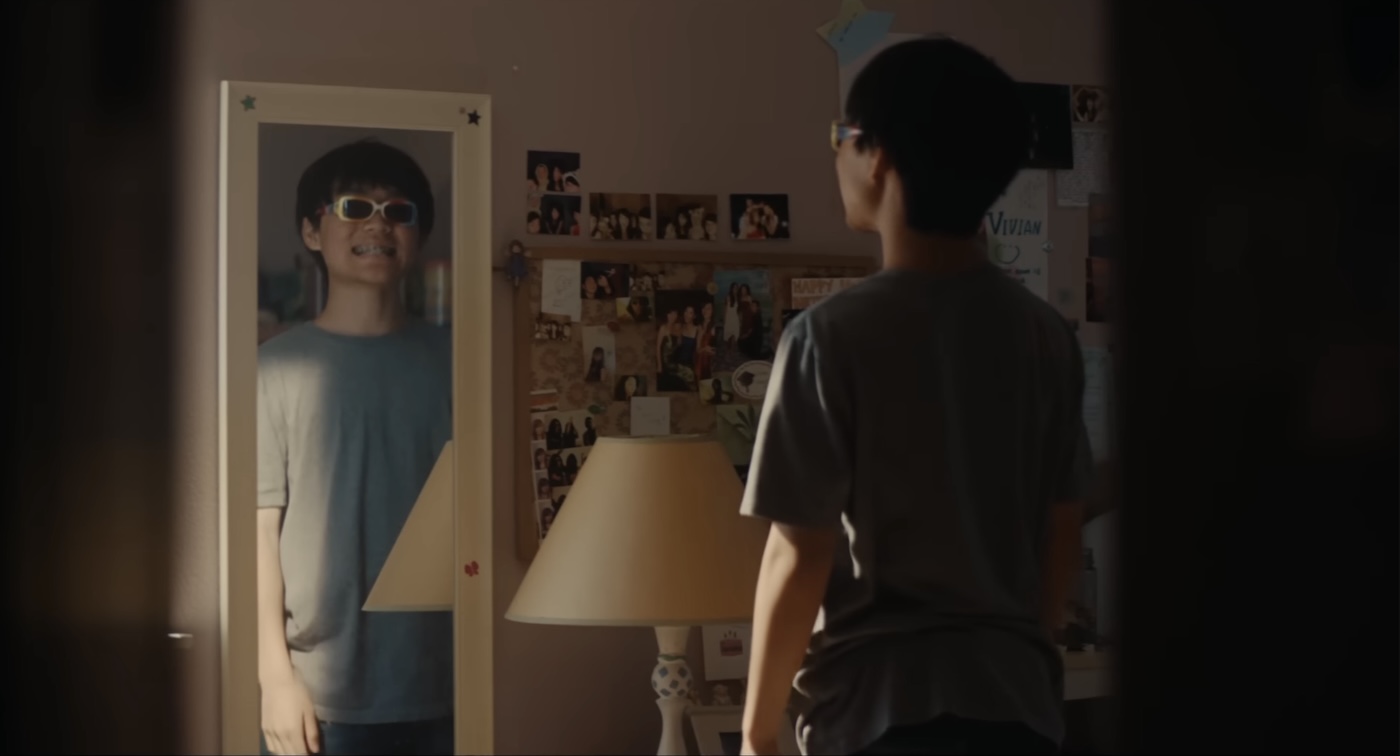
9.
Something’s working when a guy my age is relating so much to a film about a teenager from such a different time, with so many different challenges. Holy handicams, Batman — Didi brings things back! The best moments of my teen years… and the worst.
I’ve never been to Fremont, California, and I was three times Chris’s age in 2008, so the specifics of his day-to-day routines are very different than what I remember of being thirteen years old. And yet, I felt drawn right into that time and place without ever feeling like the film is too excited or show-offy about its period specificity.
I’ve never skateboarded, but Chris’s adventure in meeting and filming skateboarders felt effortlessly authentic.
While I made goofy videos with my friends in high school, they required so much heavy lifting that such adventures were rare, and we had no way to embarrass ourselves in front of the world the way these kids do; still, the creative impulses, the playful escapism, the reckless rebellions that end in regret—all of it rings true.
I’ve never investigated a crush of mine on social media, but watching Chris’s investigative endeavors on MySpace felt weirdly familiar; it’s probably exactly what I would have done in his place at his age. When a movie introduces you to unfamiliar people in an unfamiliar environment and enchants you so gracefully, inspiring such swift and affecting empathy, something is really working.
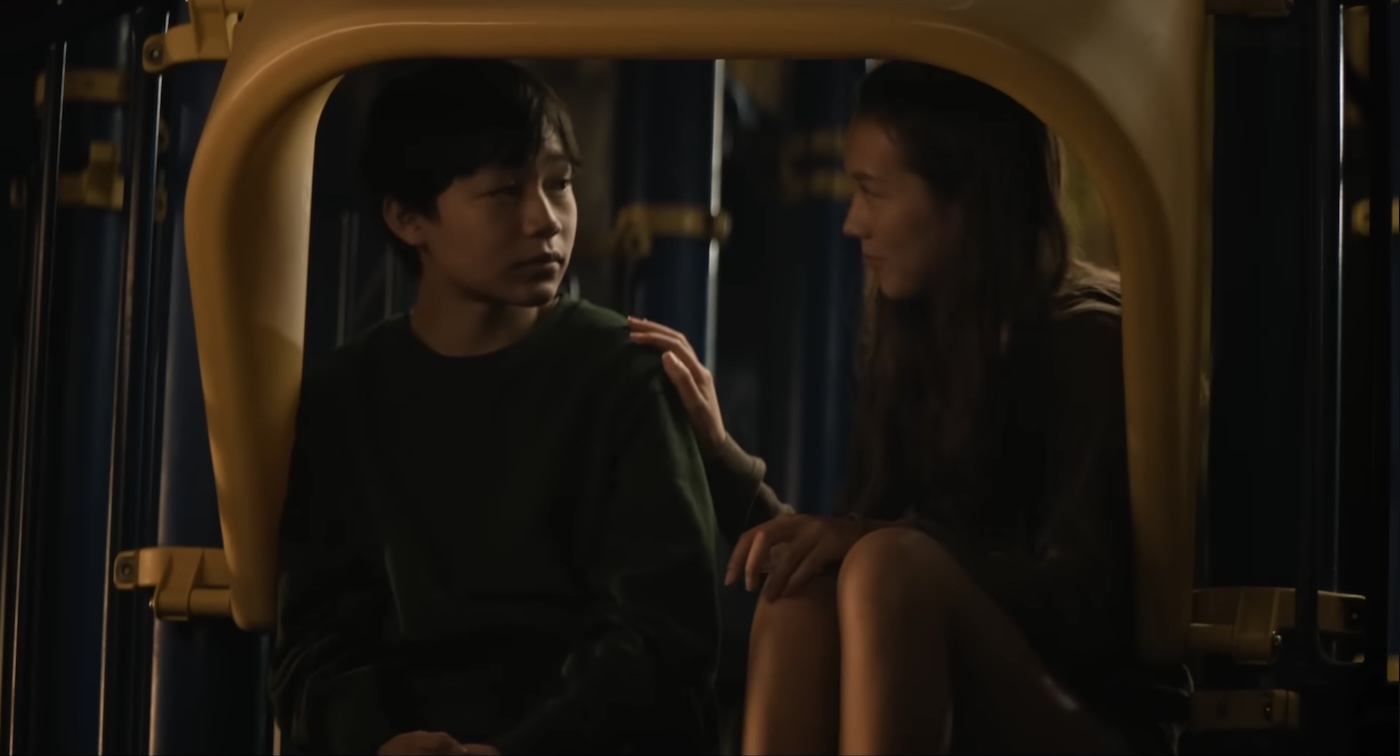
8.
Didi is the directorial debut of Sean Wang, who shows great promise here. He also wrote and produced it, and he took home the Sundance Audience Award for it. I suspect it’s very personal project for him. “Chris” is a singular character, one that persuades me he must have a great deal of Sean Wang in him. Rather than trying to serve up an “Asian-American adolescence representation film,” Wang give us an intimate focus on an idiosyncratic boy dealing with familiar fears, peer pressures, and family struggles in a way that will feel familiar to most viewers, even as its lived-experience particularity makes every scene interesting.
7.
Along those lines, please note that Zhang Li Hua, the woman playing Chris’s grandmother Nai Nai, is Sean Wang’s actual grandmother. Her presence in the film and her complicated relationship with her grandchildren is a big reason why many are linking Didi to Lee Isaac Chung’s Minari. But that’s a feature, not a bug: Nai Nai’s scenes are some of the film’s most endearing.
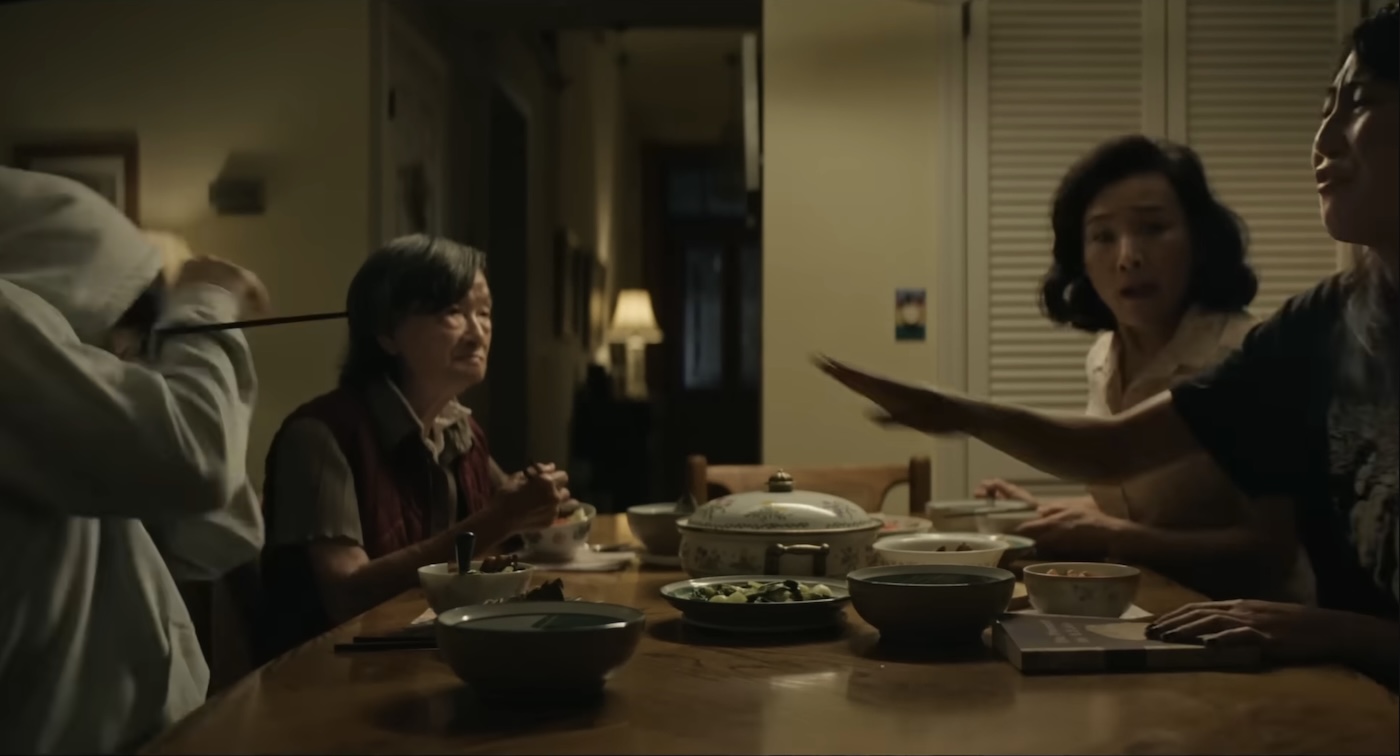
6.
Very few coming-of-age films feel as effortlessly absorbing and convincing. My compliments to editor Arielle Zakowski for her efficient, funny, imaginative work here. She has a lot to do with why this movie works. Maybe I should rewind and see Missing after all, just to see what she did with that.
5.
If anybody needs a reminder that A Walk to Remember was a big movie for a lot of teens, well… this is probably the best way to get that reminder. I laughed out loud at the jump-scare of a reference to the film and the part it played in the drama.
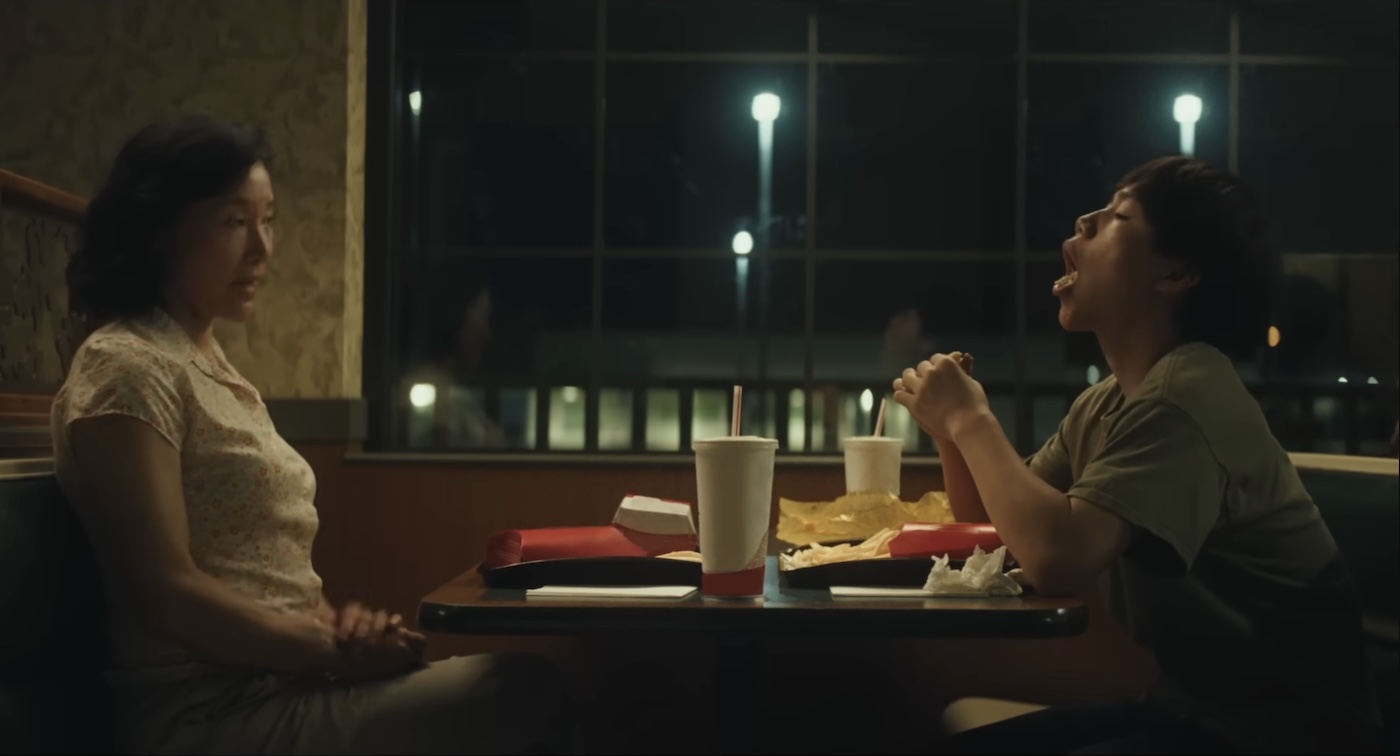
4.
Lots of critics are comparing this (favorably) to Bo Burnham’s Eighth Grade… and rightfully so. The trailer made me think it was going to be closer to a dramatization of Minding the Gap, or maybe even a boy’s take on Lady Bird. But I was surprised at how hard this movie goes on the humiliations of adolescence, and Eighth Grade kept coming to my mind as the closest equivalent.
And even as its attention to the fragile bond between Chris and his mother recalls Lady Bird’s slow journey to appreciate her own exasperating mother, Didi takes much darker turns in its last act than I anticipated.
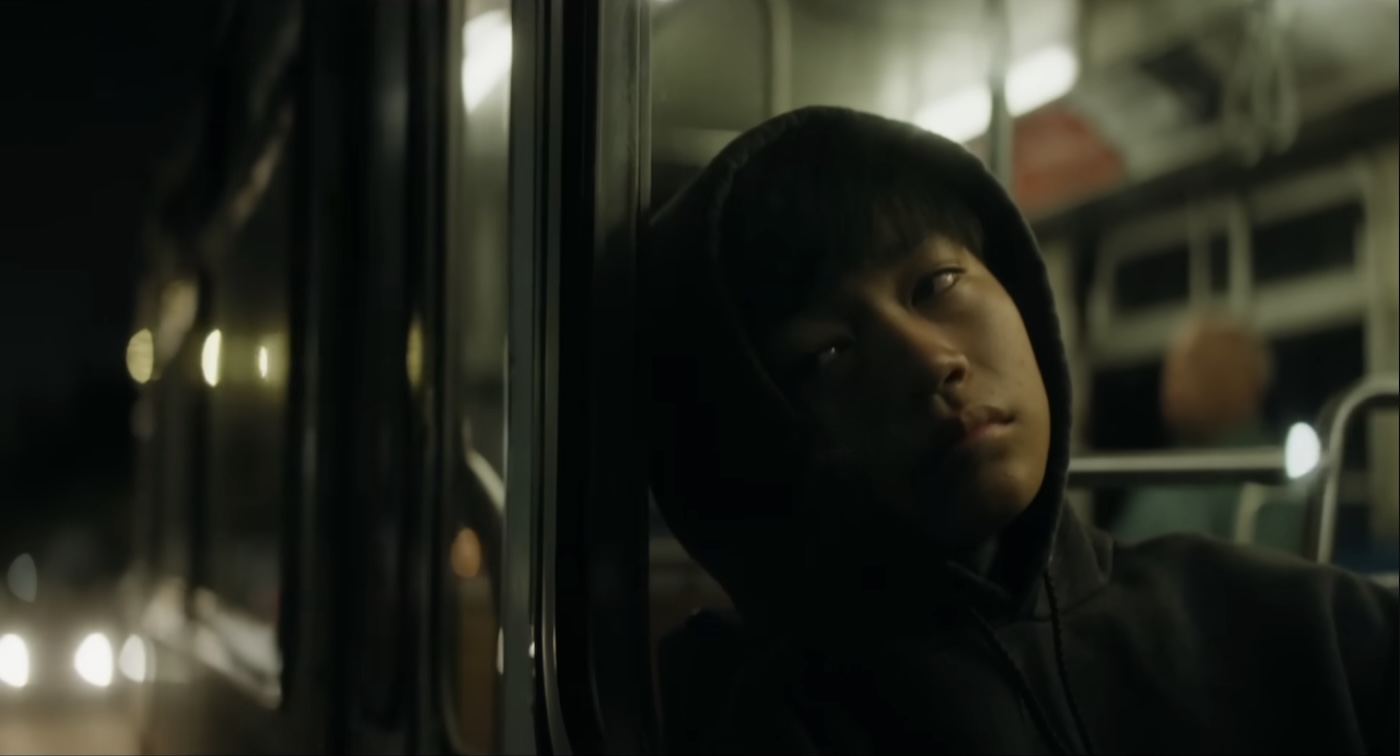
3.
It’s rare that a film like this sticks so resolutely to honesty in its storytelling, with such a willingness to leave conflicts unresolved, at the risk of frustrating those who want a fairytale ending. But that has a lot to do with why I’m still thinking about it days later.
And I’m beginning to believe that it is, at its heart, a film about love — a film about how we grow up needing it for different reasons, but needing it all the same, and looking for it from so many of the wrong people in so many flawed and self-defeating ways. Sometimes we need to make those mistakes and end up hurt, embarrassed, and lonely before we realize what love really looks like and where we’ve been offered some measure of it. While the movie never gives this any formally religious vocabulary, by my lights I can trace God pursuing young Chris through the longsuffering heart of his mother, who is herself lonely and filled with longing to be seen, known, and embraced.
2.
Far too many films about the struggles of adolescence have a protagonist we care about primarily because he’s being bullied and because his parents are awful. Didi dares to let Chris make terrible decisions and treat others (particularly his sister Vivian) badly. So much of what he suffers comes as consequences for his own impulsive choices and audacious lies. Again, wow — I could really relate to this kid.
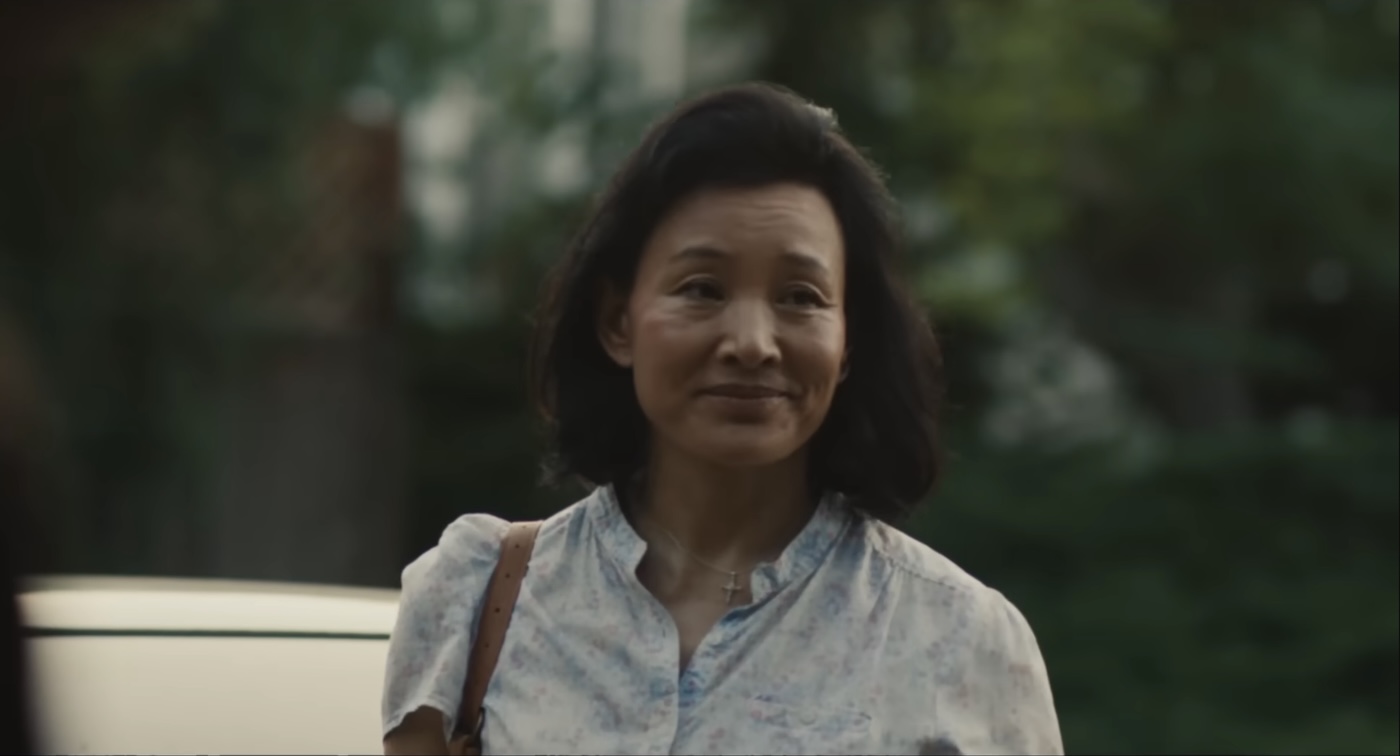
1.
For Your Consideration: Joan Chen as Chris’s mother Chungsing is the quiet center of every scene she’s in, compelling without ever looking like she’s swinging for those Oscar-nomination marks. As a single mother, Chungsing has clearly suffered unspeakable betrayals and disappointments, but the film doesn’t dwell on that or wring melodrama from it. Her wounds are private, and for the most part they stay that way. When we learn Chungsing is an artist at heart, but one whose creative impulses have been constantly disrupted by misfortune, we might brace ourselves for a predictable story of sudden discovery and success. But Wang is more interested in what the characters do with their suffering than in the causes of that suffering. Chungsing’s is a story of sacrifice driven by necessity, and the moment when her neglected heart is halfway-glimpsed by an unlikely someone and her face blooms with surprise and joy, I nearly choked on a rush of mixed feelings. Oh, to be seen for who we are, not for the roles life has required us to fulfill!
It’s so great to see Joan Chen in this role being so radiant and uninhibited and heartbreakingly human… and with so little dialogue! How many people remember that her face was one of the first images we saw in the opening moments of Episode 1 of Twin Peaks? It’s embedded in my DNA. May this performance open many new doors for her.